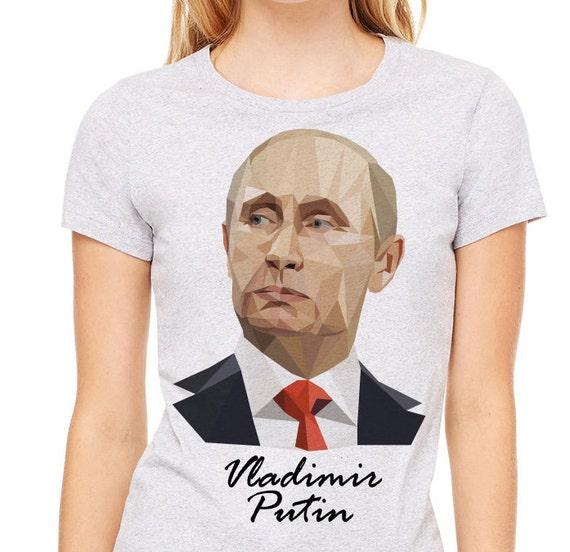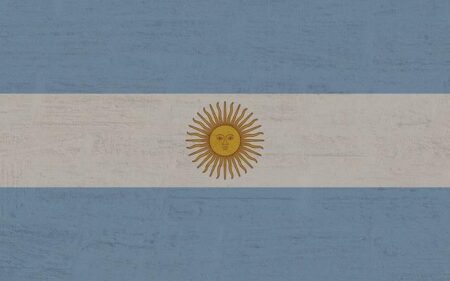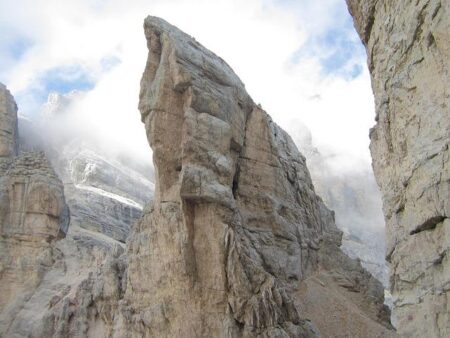At the annual St. Petersburg International Economic Forum, often dubbed Russia’s answer to Davos, a striking contrast defines this year’s gathering: amidst displays of Putin-themed merchandise, cutting-edge robotics, and discussions involving the Taliban, Western participation remains conspicuously sparse. The event, traditionally a hub for global economic dialogue, reflects the deepening geopolitical divides and the ongoing impact of sanctions, leaving an unmistakable mark on Russia’s efforts to maintain its role on the world economic stage.
Russia’s Davos Sees Unusual Mix of Putin T-shirts and Robotics Showcasing National Pride and Innovation
At Russia’s alternative to the World Economic Forum, a striking juxtaposition is on full display, where attendees proudly wear Putin-themed T-shirts amidst showcases of cutting-edge robotics technology. This blend highlights a unique sense of national pride intertwined with ambitions for technological innovation. Unlike the typical halls of international diplomacy and business networking, this event pulses with a more localized flavor, featuring presentations that emphasize Russia’s resilience and self-reliance amid global tensions. The robotics exhibitions spotlight homegrown advancements in automation and artificial intelligence, projecting a narrative of progress despite constrained international cooperation.
Adding to the event’s eclectic mix is the unexpected presence of discussions centered on the Taliban, signaling a complex geopolitical backdrop that colors the gathering. The absence of many Western delegates underscores Russia’s shifting alliances and the recalibration of its global relationships. The conference atmosphere blends political symbolism, high-tech displays, and ideological messaging, reflecting a nation striving to assert itself on its own terms. Below is a snapshot of key themes dominating this year’s forum:
- Nationalism & Identity: Visible through apparel and speeches endorsing strong leadership
- Innovation & Technology: Robotics demonstrations emphasizing self-sufficiency
- Geopolitical Dynamics: Engagements discussing regional actors like the Taliban
- Western Absence: Marked reduction in participation from the West, reshaping dialogue
| Category | Highlight |
|---|---|
| Merchandise | Putin T-shirts & memorabilia |
| Technology | Advanced robotics & AI prototypes |
| Geopolitics | Panel on Taliban’s regional impact |
| Attendance | Low Western participation |
Taliban Presence Raises Questions About Geopolitical Messaging at Russia’s High-Profile Economic Forum
The unexpected presence of Taliban representatives at the high-profile economic forum in Russia has ignited widespread debate about the event’s geopolitical messaging. While the forum aimed to showcase Russia’s growing economic ambitions-and featured high-tech displays such as advanced robotics and pop culture nods like Putin-themed merchandise-the inclusion of Taliban officials raised eyebrows among international observers. It sparked concerns that Moscow may be signaling a tacit acceptance or even endorsement of the group’s legitimacy on the global stage, complicating Russia’s relationship with Western powers and regional players alike.
Meanwhile, Western participation remained conspicuously low, highlighting the growing divide between Russia and the West amid ongoing geopolitical tensions. The forum’s atmosphere was notably shaped by a blend of technological bravado and complex diplomatic posturing, as reflected in the attendees’ unique composition:
- Russian tech innovators showcasing next-generation AI and robotics
- Pro-Kremlin business elites promoting domestic economic resilience
- Delegates from non-Western alliances including China and parts of the Middle East
- Controversial attendees such as representatives linked to the Taliban
| Group | Number of Delegates | Significance |
|---|---|---|
| Russian Tech Firms | 45 | Highlight innovation |
| Pro-Kremlin Business Leaders | 30 | Economic consolidation |
| Non-Western Allies | 25 | Strategic partnerships |
| Taliban Representatives | 5 | Geopolitical intrigue |
Western Absence Highlights Growing Divide and Calls for Enhanced Diplomatic Engagement Strategies
Amid an event showcasing everything from Putin-themed apparel to advanced robotics and controversial delegations like the Taliban, the conspicuous absence of Western stakeholders at Russia’s Davos symbolized a deepening geopolitical rift. This lack of engagement not only underscored growing mistrust but also reflected the West’s strategic recalibrations in response to Moscow’s assertive foreign policy. The void left by Western voices has allowed alternative narratives and alliances to dominate the discourse, potentially reshaping global economic and diplomatic landscapes in unpredictable ways.
Experts warn that such disengagement might exacerbate existing tensions, making constructive dialogue increasingly elusive. There is a pressing need for more nuanced and adaptive diplomatic frameworks that can navigate this fractured environment. Proposed strategies include:
- Incremental trust-building measures through backchannel communications
- Targeted economic incentives to encourage dialogue without compromising principles
- Enhanced multilateral forums to foster broader coalition-building beyond bilateral standoffs
| Diplomatic Strategy | Expected Outcome |
|---|---|
| Backchannel talks | Reduced misunderstandings |
| Economic incentives | Reopening dialogue channels |
| Multilateral engagement | Broader consensus-building |
Wrapping Up
As Russia continues to navigate its complex geopolitical landscape, the conspicuous absence of Western attendees at the country’s Davos forum underscores the deepening divisions on the global stage. Amidst displays ranging from Putin-themed merchandise to advanced robotics, the event reflected a Russia eager to showcase resilience and innovation. However, with figures like the Taliban drawing attention, the summit also highlighted the intricate and often contentious alliances shaping the nation’s future. Ultimately, the conference serves as a stark reminder of the shifting dynamics in international diplomacy and the growing isolation confronting Russia today.




